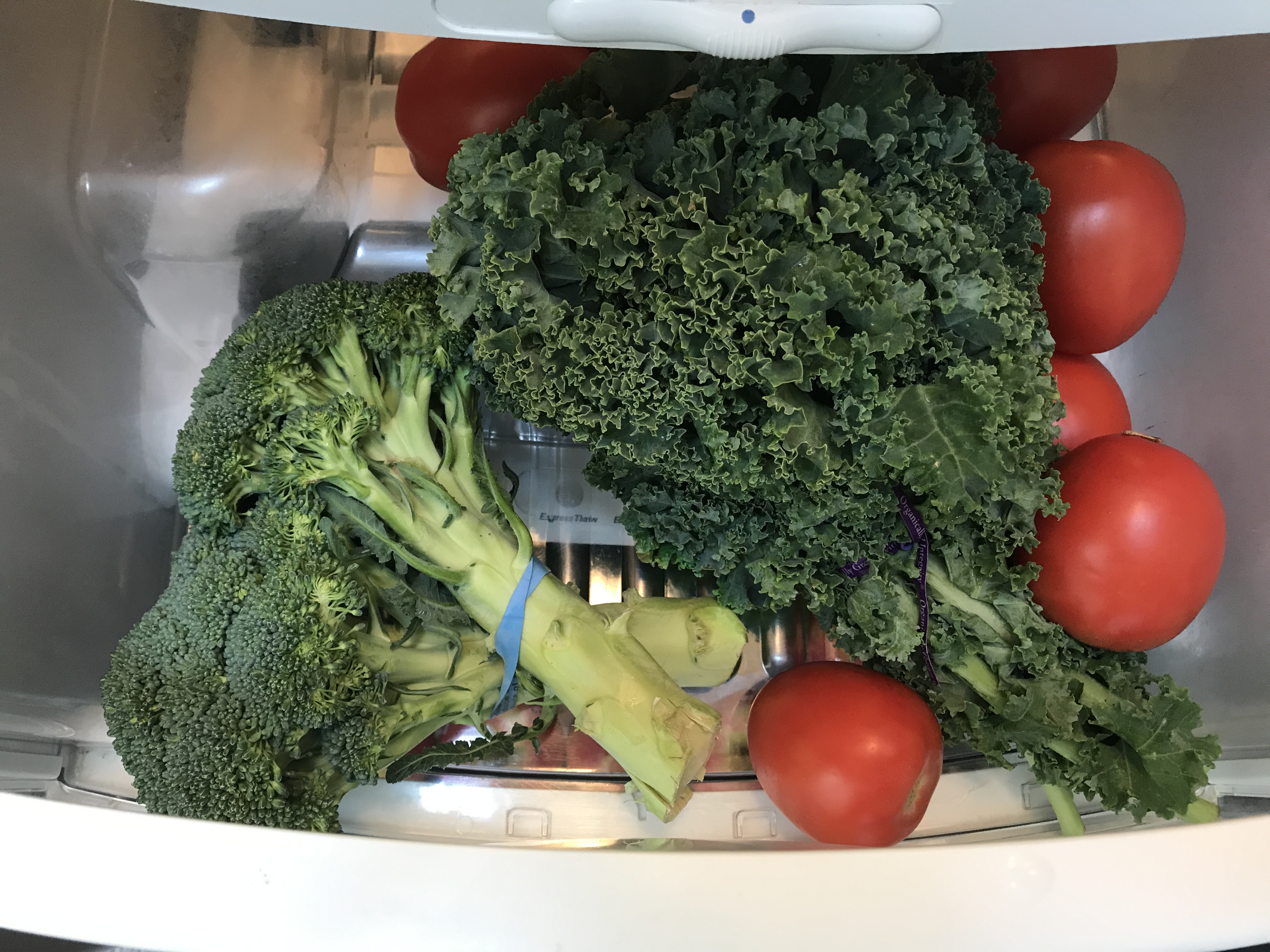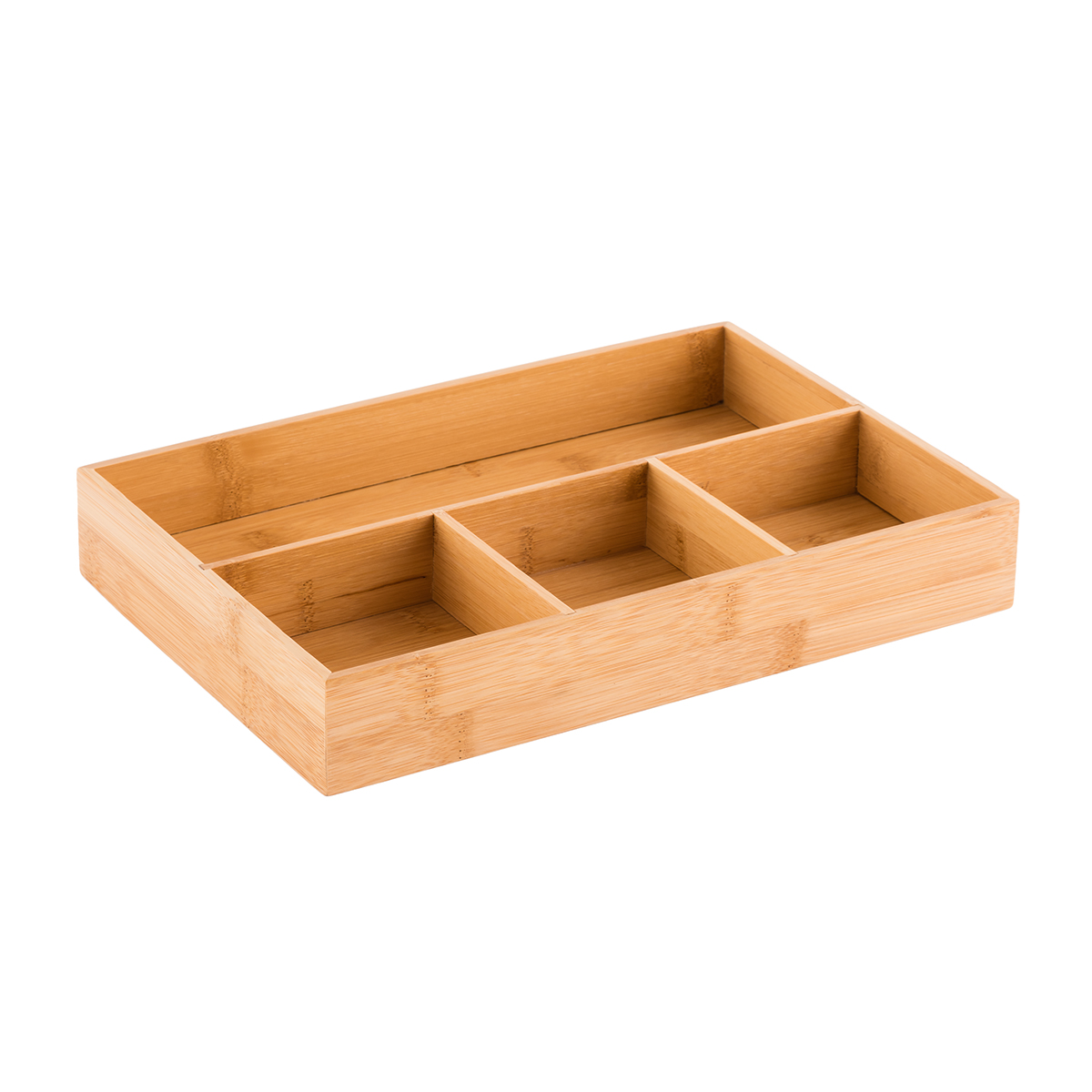It’s easy to waste food. Whether you spend more than half your day outside the home, have a big family, or just cook for yourself, it seems impossible to purchase a variety of food and make interesting meals without dumping at least some of it. But did you know that Americans waste about 165 billion pounds of food every year? That’s bad for your wallet, yes, but it’s worse for our planet and the millions of people who go hungry every day. It’s up to us to stop our society’s mindless consumption carousel.
So, how can we, as individuals, change this?
1) Decide for yourself if your food has gone “bad”
First, we stop throwing out expired food. Did you know that most expiration dates are arbitrary? The many labels that inform us when our food is “best by” or “expired by” or should be “sold by” mean different things. Use your best judgement to decide which food you’ve purchased is still good despite the expiration date.
I grocery shop once every two weeks, and only shop again if it’s been 14 days or if we’re completely out of food before 2 weeks is up (rarely happens). That means we drink from the same gallon of [organic] milk for 2 weeks. It lasts that long — sometimes longer. Even if a carton of eggs says it’s expired, I know they’re not. A carton of eggs can last a month and a half in my house. We’ve never gotten sick. When my kale begins to yellow, I cook it in a pan with olive oil or roast it in the oven to make kale chips. You can’t tell it’s gone bitter (and it’s fine!). When the bananas go brown, I make banana bread, or just stuff them in a blender for a smoothie.
2) Eat leftovers first.
I never throw out leftovers. Even when I make roasted broccoli and roasted chicken and my husband takes it to work for lunch, yet somehow “forgets” to eat it, it still gets eaten. I will eat it or I’ll force convince my husband to eat it.
I stick anything unfinished in the fridge, knowing that I will finish it later. That might mean my apple slices brown, but they still taste good, and more importantly, they are not rotten or expired. You won’t get sick from an ugly-looking piece of fruit. Now, if my fruits and vegetables and meats smell like they are sour or rotten, then I will toss them. But I try to never let that happen. And often with fruits and vegetables, I compost them (a.k.a. toss them into my backyard for the beasts to eat).
3) Logically Store Your Food
*If you can’t see your food, you will forget you have it, won’t eat it, cause it to rot on your shelf, and end up buying more food.* That’s a waste of money, time, and resources. But if you make sure all of your food is visible and easy accessible, you’ll be less likely to waste it.
I also make it a habit to pull to the front food that will expire soon or food that goes “bad” quickly. I put the most vulnerable food on a top shelf so that it’s the first food I see, making it the first food I eat. For example, raspberries tend to mold quickly, so I put my recently purchased raspberries on the top shelf. That’s the fruit I’ll eat first. The kale and spinach that’s starting to wilt is also stored on that same shelf, so that I use those first in smoothies. I am reminded to eat them because they are staring me down! Mushrooms tend to slime up quickly, too, so instead of storing them in the veggie drawer, I put them on a shelf so I can see them, and remember to cook and eat them.
4) Take veggies out of plastic bags.
I try to hold onto the plastic veggie bags and keep them in my reusable cloth grocery bags. I immediately remove my produce from these bags and store all fruits and veggies in the drawers bagless. That way, they don’t develop condensation/moisture, which means they will not expire as quickly.
5) Frozen stuff lasts a long time — but that doesn’t mean you should hoard it.
I don’t like to hoard food in my freezer. I purchase a few types of meat every two weeks, and that’s what we eat until it’s gone. I don’t purchase more frozen items until I finish what we have in the fridge. So that might mean two weeks of chicken and bratwursts. Or the next two weeks we only eat burgers and Italian sausage. We deal with it. Ironically, having a variety of food to choose from is limiting. You’ll feel more freedom when you have fewer choices.
6) Keep your shopping list minimal
We use ketchup, BBQ sauce, mustard, mayo as condiments. That’s it. What more do you really need? I only purchase new bottles when we’ve scraped the last bits of the current bottles. Butter, olive oil, coconut oil, and raw apple cider vinegar are my baking/cooking staples. Honey and maple syrup are my sweeteners. And peanut butter, almond butter, and raspberry preserves are our spreads of choice.
7) Simplify your weekly meals/recipes.
We’re pretty low maintenance when it comes to food in our house. And when I have children, they will learn to be, too. I don’t buy snacks (like chips or other munchies). I try to eat fruit and cheese as snacks. However, I keep crackers around and brownie mix (or other forms of chocolate) should I have guests and need to offer something to munch on. We don’t eat cereal, but we eat granola in yogurt.
I tend to buy the same types of fruits and vegetables and meat every time I shop. I will rotate other forms of meals, like soups, pastas, rice, etc. I don’t like to have too many different sides to choose from. It’s just too much work, and often goes bad before we can eat it (although I try to avoid that from happening at all).
I shop once every 2 weeks, and try to spend less than $200 (less than $100 a week for 2 people).
For the next two weeks, our meals will look something like this:
Breakfast:
Eggs of any kind;
spinach & feta omelet;
yogurt, granola, fruit, honey;
smoothie with kale, spinach, frozen berries or frozen mangos, whole milk, cacao powder, almond butter
Lunch:
Turkey & cheese sandwich;
PBJ;
leftovers;
almond butter & banana sandwich
Dinner:
Roasted chicken & roasted broccoli, sweet potatoes;
grilled burgers & grilled mushrooms, green peppers;
Italian sausage & Greek salad (spinach, arugula, cucumbers, roma tomatoes, olive oil, raw apple cider vinegar, oregano, salt & pepper, feta cheese);
penne pasta, pesto, grape tomatoes & parmesan shavings
frozen pizza;
Snacks:
Crackers & cheese;
peaches & goat cheese;
apples & cheese;
apples & almond butter;
grapes;
caramelized banana (banana & brown sugar heated on a pan);
chocolate;
toast
Seems like a delicious two weeks to me.
Inevitably, I do waste some food. And I feel bad about it. Just like every other American, who winces at an ugly piece of fruit, or a wilting leaf of spinach, I know it’s hard to change, but it’s worth it, and completely necessary. Like anything, it will just take some practice and discipline. But we can do it.













